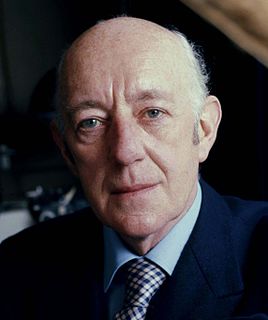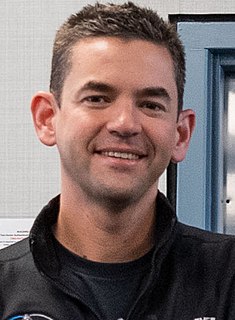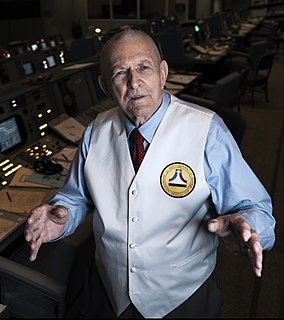A Quote by Alec Guinness
That's no moon. It's a space station.
Quote Topics
Related Quotes
I saw this film Moon, it's directed by Duncan Jones, David Bowie's son. Sam Rockwell plays this astronaut that is stuck in a space station on the moon. You just have to see it. It's easy to do something really cheesy with sci-fi, and to do something that's already been done, but I think the story was something I hadn't heard before, so it was really great.
When Russians were having troubles, the Space Shuttle supported the Space Station Mir bringing up much needed supplies and replacements, critical spares, really. That they were able to keep their space station going for much longer than they would have without us. So, I think that shows the value of international cooperation.
Going into orbit around Earth - where the space station is today, and where the space shuttles and John Glenn and all those folks go-that's three-eighths of an inch above a schoolroom globe, just FYI. That's not very far from Earth. Yes, you are off Earth, but you're not really going anywhere yet. The moon was the only real destination.
The Moon is a white strange world, great, white, soft-seeming globe in the night sky, and what she actually communicates to me across space I shall never fully know. But the Moon that pulls the tides, and the Moon that controls the menstrual periods of women, and the Moon that touches the lunatics, she is not the mere dead lump of the astronomist. . . . When we describe the Moon as dead, we are describing the deadness in ourselves. When we find space so hideously void, we are describing our own unbearable emptiness.



































